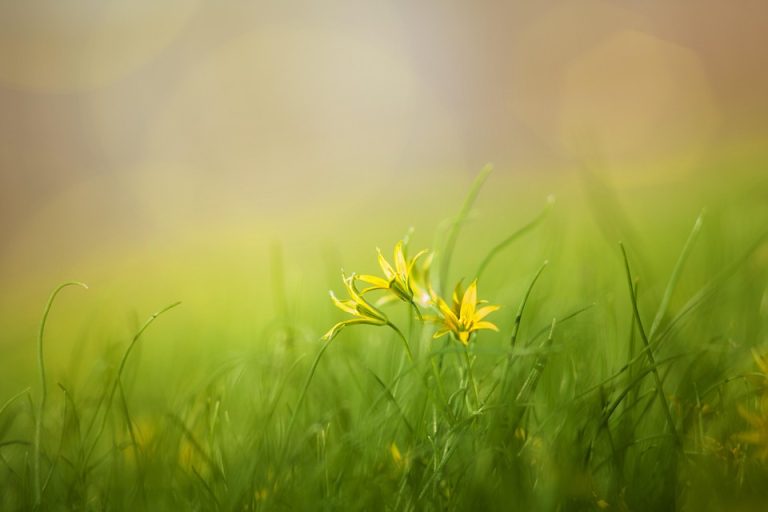Venus fly traps are a popular and fascinating plant known for their ability to attract, capture, and digest insects. These carnivorous plants have spiked leaves that snap shut when triggered by prey, making them a curious addition to any plant lover’s collection. However, many pet owners may wonder if these unique plants pose a danger to their furry feline friends.
The truth is, Venus fly traps are generally not considered dangerous for cats. While they may look intimidating with their sharp teeth-like structures, these plants are not toxic to cats if ingested. In fact, Venus fly traps are classified as non-toxic to both cats and dogs by the American Society for the Prevention of Cruelty to Animals (ASPCA).
That being said, there are some precautions that cat owners should take when incorporating Venus fly traps into their homes. Firstly, it’s important to keep in mind that cats are curious creatures who may be tempted to play with or chew on the leaves of the plant. If a cat were to ingest a significant amount of the plant material, it could potentially cause gastrointestinal upset such as vomiting or diarrhea.
Additionally, the trap mechanism of Venus fly traps could pose a risk to cats if they were to inadvertently trigger the leaves to close on their paws or tongues. While this is unlikely to cause any serious harm, it could be uncomfortable for the cat and may result in minor injuries.
To minimize any potential risks, it’s recommended to place Venus fly traps out of reach of curious cats or in a location where they cannot easily access the plant. Keeping the plant in a hanging basket or on a high shelf can help prevent cats from interacting with it.
Overall, Venus fly traps are not inherently dangerous to cats, but pet owners should exercise caution and supervision when introducing these plants into their homes. As with any houseplant, it’s important to be aware of the potential risks and take steps to ensure the safety of all household pets.
In conclusion, Venus fly traps are generally safe to have around cats, but it’s always best to err on the side of caution and take preventative measures to keep curious felines safe and healthy. With proper care and supervision, these unique plants can coexist peacefully with our beloved pets.

